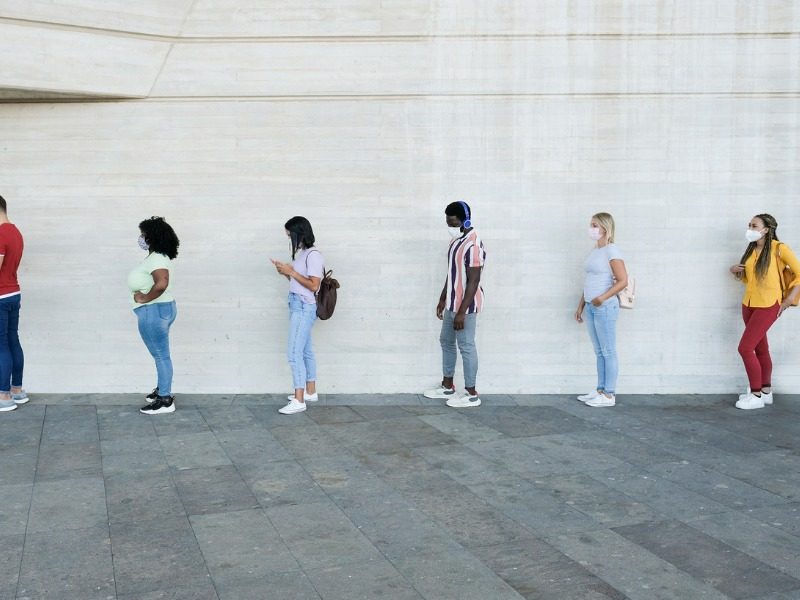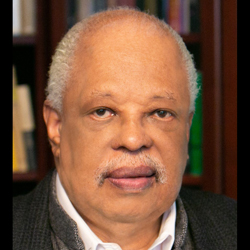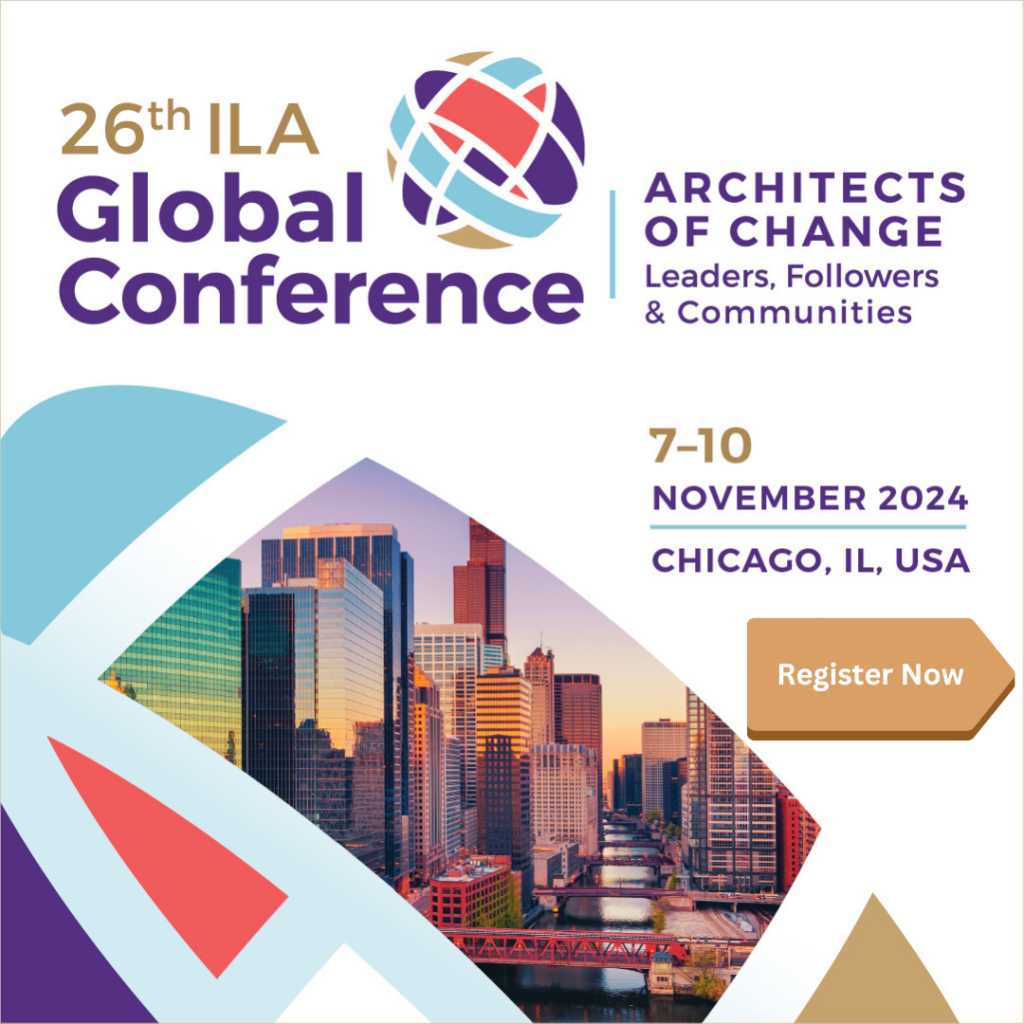
by Bobby Austin
President, Neighborhood Associates Corporation, USA
21 April 2020
Share:
In the midst of chaos, there is no better time to reassert and reaffirm to the world and ourselves our mutual humanity. Pandemic. The word sounds foreboding and its meaning truly is. But more, its outcome has the power to make or break a community, a city, a nation – and a world.
For some time, I have talked about a concept I call “Public Kinship,” which seems somewhat at odds with the social distancing that is being demanded of us. To my way of thinking, a society will fall apart if we have not become accustomed to a public ethos for social life. As we address our health and economic infrastructures, we must also attend to the fracturing and crumbling of our social infrastructure. To my mind, we need a Public Kinship ideal that manifests itself in both theory and practice. The ideal is tied to a worldview espoused by Dr. Martin Luther King, Jr. in his “Letter from a Birmingham Jail.”
In a real sense all life is interrelated. All men are caught in an inescapable network of mutuality, tied in a single garment of destiny. Whatever affects one directly, affects all indirectly. I can never be what I ought to be until you are what you ought to be, and you can never be what you ought to be until I am what I ought to be…
At the core of Public Kinship is personal self-leadership, leading ourselves into good action through a process of how we meet the world. With each person and each meeting, we establish a platform of Public Kinship. It is a process of being present and proactive. This simple practice requires us to lead ourselves through steps to ensure that we do our best to create a Public Kinship affect in our lives and our community. The steps are:
- scanning self and environment (simply reviewing our own actions)
- suspending judgment while retaining common sense
- participating in the process
- taking a stand to act and
- finding common ground to connect and go beyond
This will take us to a much-needed wholeness that nurtures the collective vision of a dynamic Public Kinship community.
At the core of Public Kinship is personal self-leadership, leading ourselves into good action through a process of how we meet the world.
We go beyond this by sharing and reaching out through simple, ordinary, everyday actions, such as the student at the University of the District of Columbia who knocked on doors in her apartment building to ask residents, particularly the elderly, if she could get their groceries. It’s the act of St. Timothy’s Episcopal Church in Southeast Washington, DC to establish a prayer wall for people to drop by and leave a note of prayer. It is DJ D-Nice convening an Instagram dance party that brought together thousands of individuals to dance in their own homes, including First Lady Michelle Obama and Vice-President Joe Biden. It is each of us engaging neighbors and others to hold something in common by connecting through conscious encounters and then telling our civic stories so that we create Public Kinship and public trust.
The key to this kinship is what we do within and what we do to build shared experiences with others. It’s what enables Public Kinship to exist, even during this period of social distancing. Through this process, Public Kinship truly becomes something that we do that affirms an inclusive worldview; and it helps us to shape ourselves, our actions, and our interactions. Therefore, for instance, I will not be on a beach in Florida; I will follow health professionals’ advice in this grave time. This process of self-leadership means we must educate ourselves, create a Public Kinship plan that we can learn and use, and create opportunities to put our learning into practice and test it against the environment.
This new moral mind of self-leadership, public trust, and Public Kinship is our best bet for saving our own lives, and the lives of those we love and those we do not know, in this time of historic transition. We must use the experiences of Public Kinship demonstrated during the COVID-19 pandemic to lay the groundwork for a new moral mind that will extend far into the future – even when we are all healthy. Public Kinship is a “Me Thing.” It is an “Us Thing.” It is what we do for ourselves, for each other, and for the common good.

For over 30 years, Dr. Bobby William Austin has worked as a sociologist, educator, and leader of national nonprofits to strengthen the social fabric of urban communities. As the Director of the National Task Force on African American Men and Boys funded by the W.K. Kellogg Foundation, he co-authored the pivotal 1996 report, Repairing the Breach: Key Ways to Support Family Life, Reclaim Our Streets, and Rebuild Civil Society in America’s Communities. Currently, he is president of the nonprofit Neighborhood Associates Corporation and a member of the ILA.

